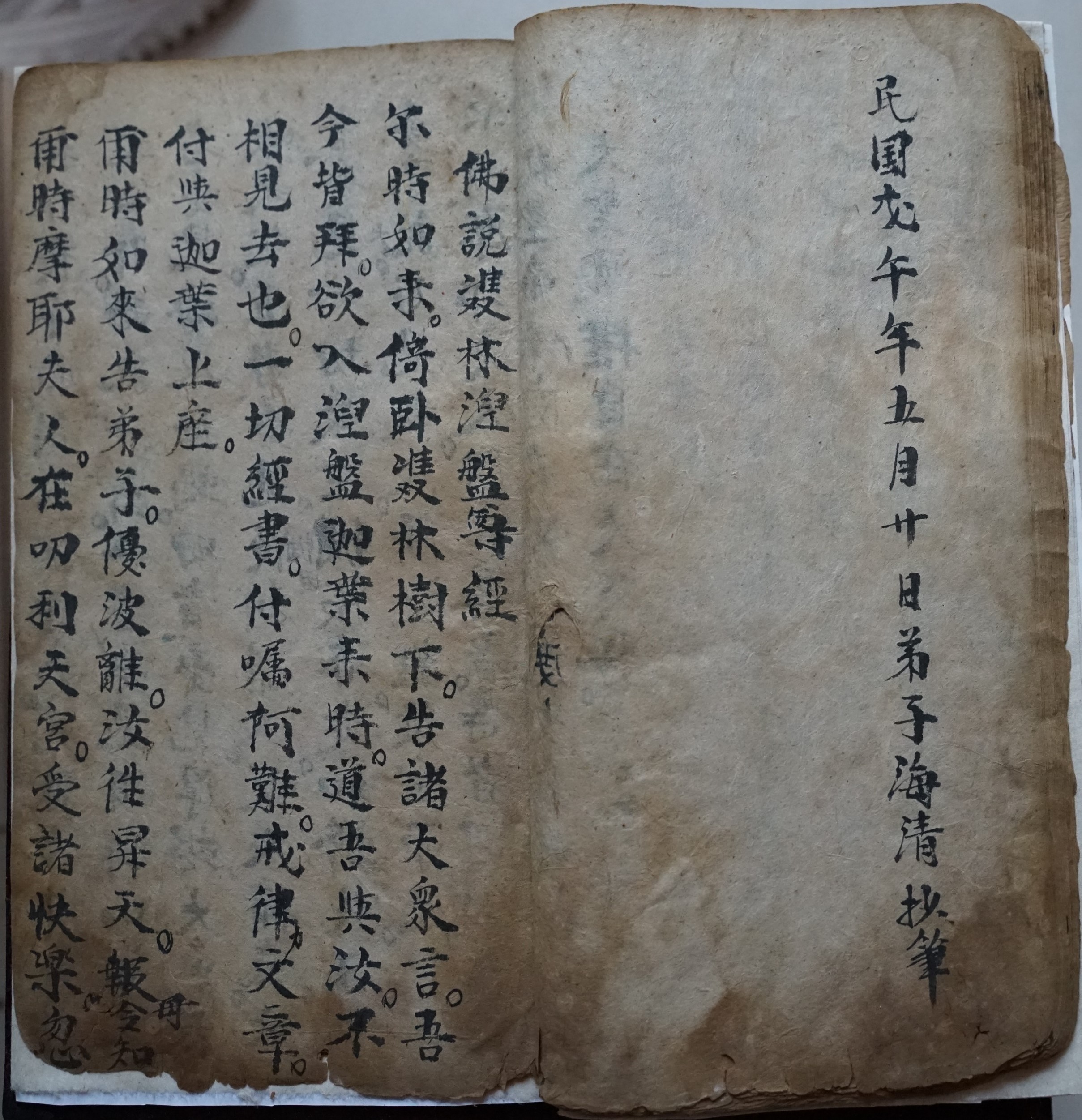Book Culture in Buddhism and Beyond lecture given by Meir Shahar (Tel Aviv University)
The Southern-Chinese Province of Guizhou is home to lay Buddhist priests. Its tiny villages house ritual masters, who identify themselves as Buddhist. Albeit married and un-tonsured these rural clerics conduct Buddhist-oriented rites for the salvation of the living and the dead. Their elaborate rituals – sometimes lasting many days each – include lengthy prose and verse sections, hymns, prayers, and oral incantations. These are written down in manuscripts that have been transmitted in their families for many centuries.
In this paper, I will survey the ritual scriptures of one priest, whose rich library features over a hundred-and-fifty manuscripts, holding together thousands of pages. I will highlight the ancient pedigree of his scriptures (some of which are traceable to the medieval period) no less than their indebtedness to canonical Buddhist literature. All in all, the ritual scriptures of the Guizhou priests attest to the tremendous impact that the Buddhist faith has had upon rural Chinese religion.

Meir Shahar is the Shaul N. Eisenberg Chair for East Asian Affairs at Tel Aviv University. He is the author of numerous books on Chinese religion, including Crazy Ji: Chinese Religion and Popular Literature (1998); Oedipal God: The Chinese Nezha and his Indian Origins (2015); and The Shaolin Monastery: History, Religion, and the Chinese Martial Arts (2008), which has been translated into many languages. Professor Shahar’s forthcoming book is titled Kings of Oxen and Horses: Draft Animals, Buddhism, and Chinese Rural Religion.
| Contact |
|---|
| Dr Noga Ganany: ng462@cam.ac.uk |
